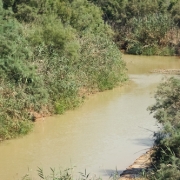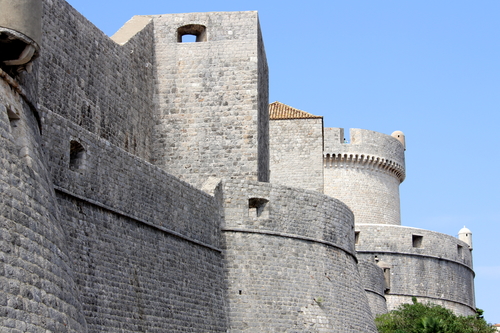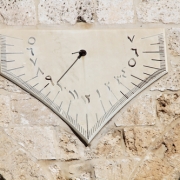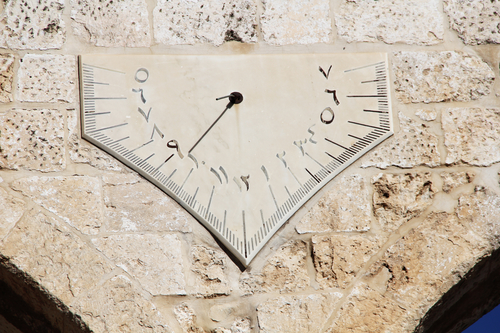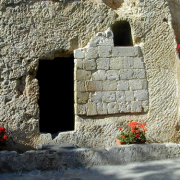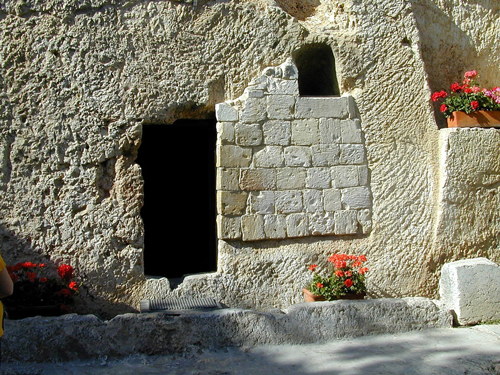Humble and Exalted
Dear Pastor, Preacher, or Bible Teacher –
You’re probably familiar with this wonderful event in the life of Jesus – His baptism. This was another example of His radical identification with sinful humanity. It also marked the starting point of His earthly ministry.
Mark 1:9-11 tells the story:
It came to pass in those days that Jesus came from Nazareth of Galilee,
and was baptized by John in the Jordan. And immediately,
coming up from the water, He saw the heavens parting
and the Spirit descending upon Him like a dove.
Then a voice came from heaven, “You are My beloved Son,
in whom I am well pleased.”
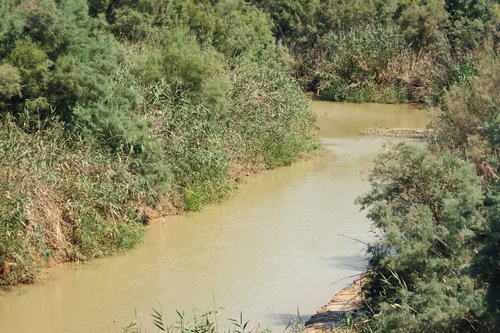
What I want to show you is how the baptism of Jesus shows both humility and exaltation.
The baptism of Jesus displayed a humble beginning:
– Jesus: This was a common, unremarkable name.
– From Nazareth: This was an unremarkable, despised village.
– Of Galilee: This was the unspiritual region, not the “Bible belt” of the area at that time.
– Was baptized: Jesus identified with sinful man.
– In the Jordan: This was an unremarkable – often even unpleasant – river. Some rabbis disqualified the Jordan River for purification ceremonies.
At the same time, this scene also displayed great glory:
– The heavens parting: Heaven opened wide for this.
– The Spirit descending: The Spirit of God was present, and in some way His presence was discernable.
– Like a dove: In some way the Spirit was present and “flew down” on Jesus like a dove.
– A voice came from heaven: It’s rare in the Bible when we read that God speaks audibly from heaven, but this was one of those glorious occasions.
– You are My beloved Son, in Whom I am well pleased: What could be more glorious than to hear public affirmation from God the Father?
We each need to put our trust in and receive the ministry of this humble and exalted Savior, Jesus Christ.
As pastors, preachers, and Bible teachers, we also need to understand that our own ministries will have times of humility, times of exaltation, and times where they are a mixture of both. God has a wonderful purpose in both.
Blessings to You in Jesus’ Name – David Guzik
Click Here to Receive Email from David for Pastors, Preachers, and Bible Teachers

